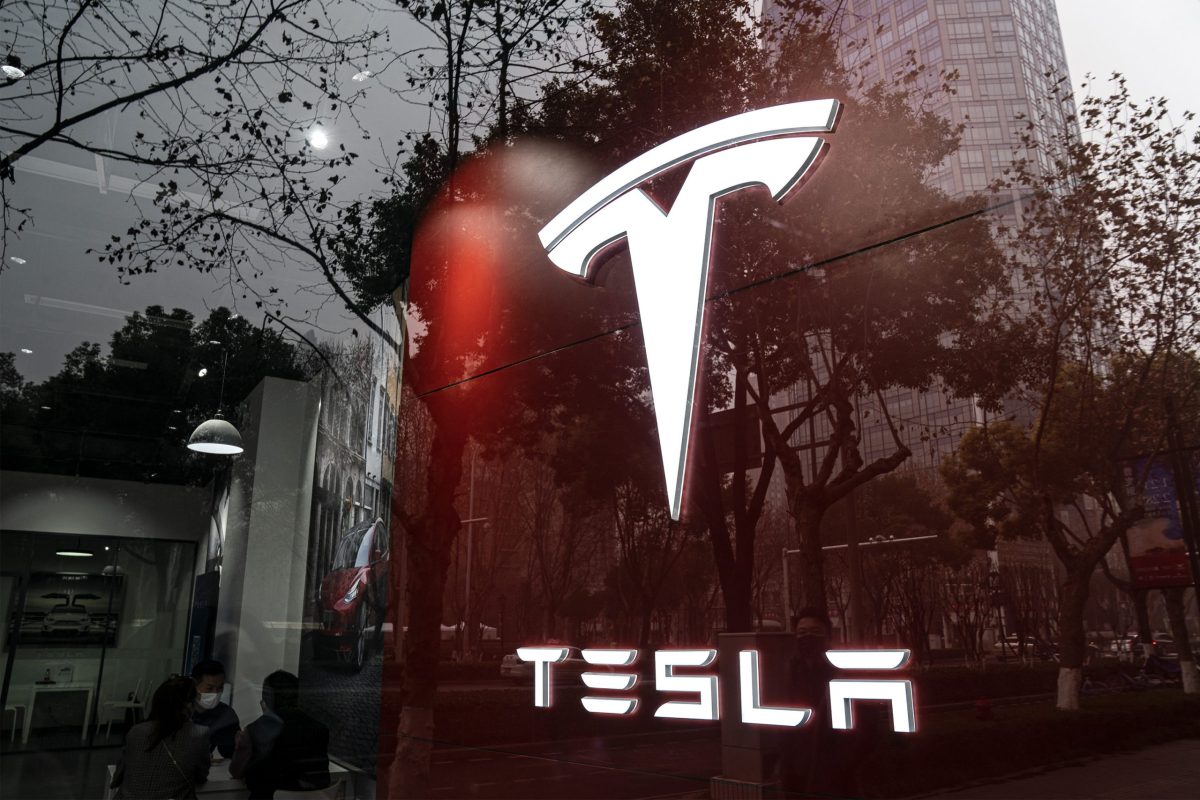We had a similar dog and pony show here in Ontario with the GEA (Green Energy Act) which was supposed to "kick-start the economy" after the financial collapse in 2008 and create hundreds of thousands of "green" jobs and somehow do this with no impact on rates!
Of course that was a lie. Start-ups that appeared overnight to install, broker, and capitalize on FIT contracts folded or disappeared as soon as those contracts dried up. Policy that was supposed to ensure that wind turbines being installed in Ontario were made in Ontario vanished and the companies making the parts closed-shop and the parts imported. It was all a giant sham that burdened ratepayers with the cost of 10's of billions of dollars in insane iron-clad contracts for very low-value generation sources that paid them a premium for electricity produced out of phase with demand. This was then either exported at a massive loss, as all of this over-built capacity producing when it wasn't needed tanked the market value, or, we paid to curtail it because somehow paying these developers for "potential" energy produced by a non-fuelled source was baked into these contracts.
It was a total fleecing. A boondoggle of epic proportions and for which my kids will be paying as these contracts were predominantly on 20-year terms, roughly tied to the lifespan of the assets.
Amazingly, despite all this, the crushing defeat from the electorate in the last election and the total inability to align with the province's demand profile there are still a vocal group of people who get quite indignant when discussing the cancellation of this policy and actively advocate for doubling down on more of what has already proven not to work. It's like their adherence to ideology has completely blocked their ability to think rationally.
"Fleecing" is exactly right.




